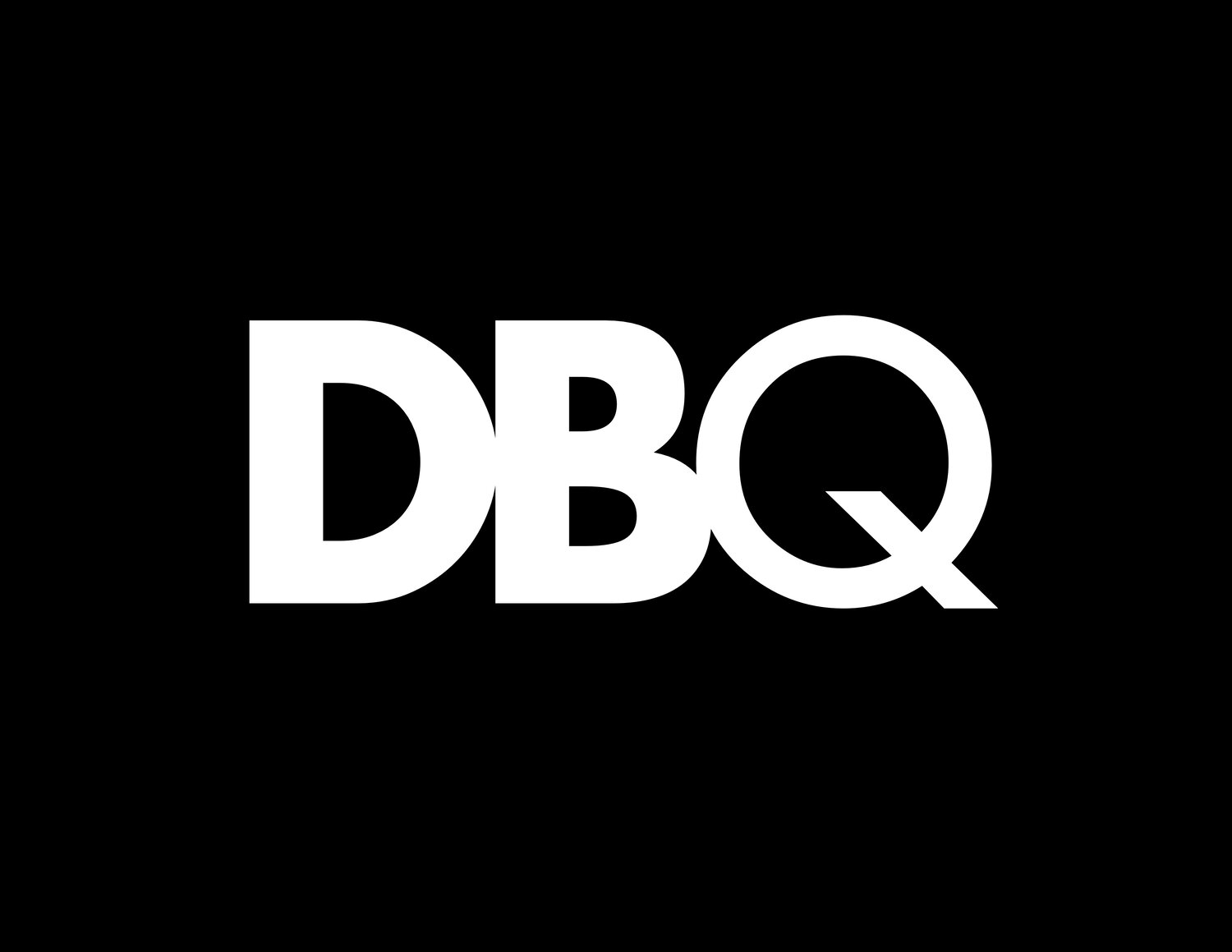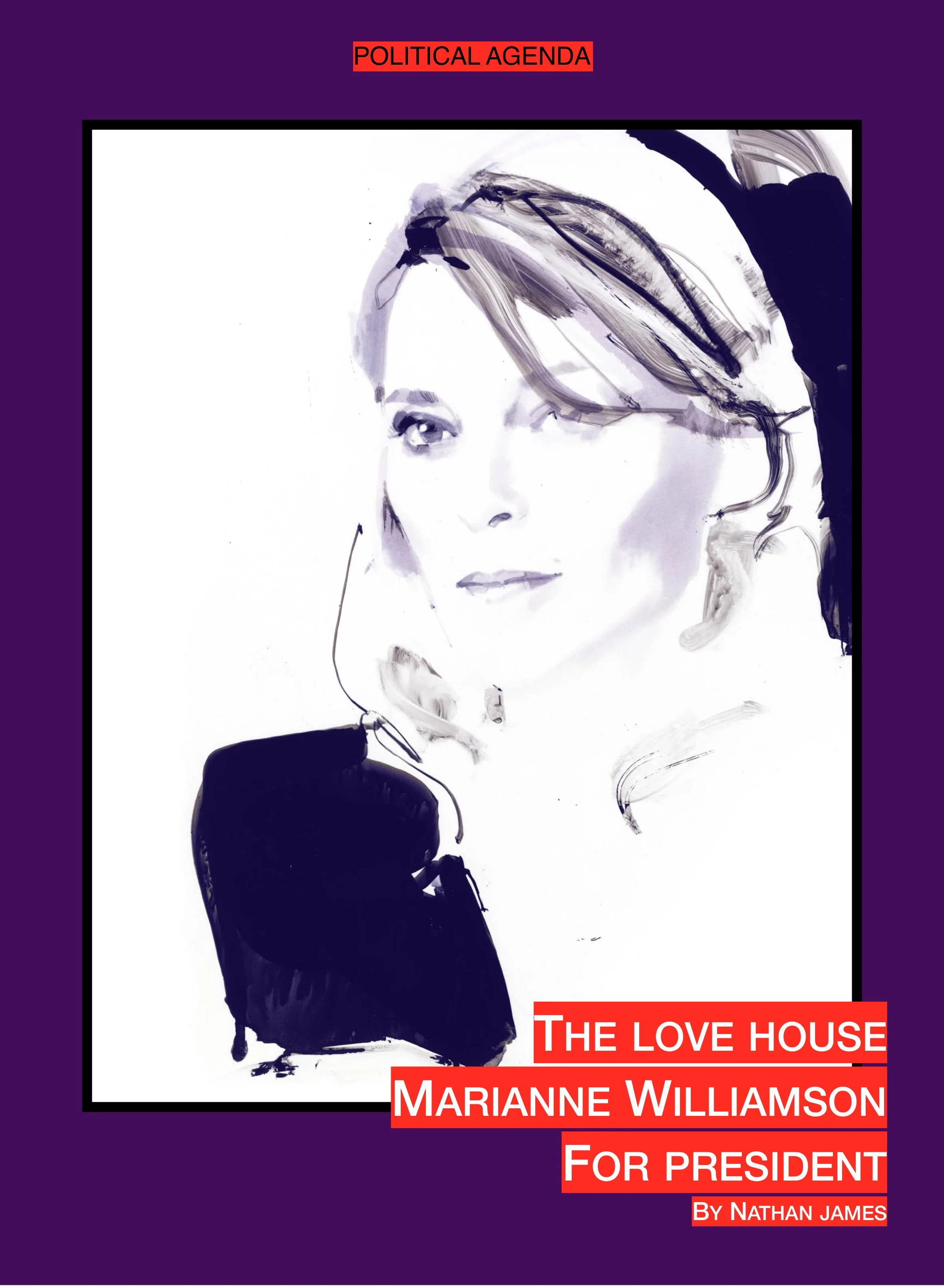There’s a very crowded field of Democrats vying for the presidential nomination next year, each hoping to be the Trump-slayer that will align the White House with Congress and restore civility to the government. Among them are the familiar (Joe Biden), the novel (Pete Buttigieg, the first serious, openly gay man to run in either party), the unconventional (Cory Booker) and the unexpected. In this latter category is a thoughtful, artistic woman who seeks to shake up the race with a philosophical approach, as befits her history. Her name is Marianne Williamson, a New York Times bestselling author and philanthropist, and she’s looking to bring “moral healing” to 1600 Pennsylvania Avenue. As a self-help guru, Williamson knows that to capture the nomination, she needs more than platitudes or a showy presentation. Williamson understands substance, and believes her constituency wants that, after three years of fluff and drama from the Trump Administration.
Hello.
I’m Dave Bridgeforth
Welcome to DBQ. This publication, now entering it’s10th year was established to not only document the culture, experience, and work of LGBTQ+ people of color, but to affirm, celebrate and to garner visibility for community.






